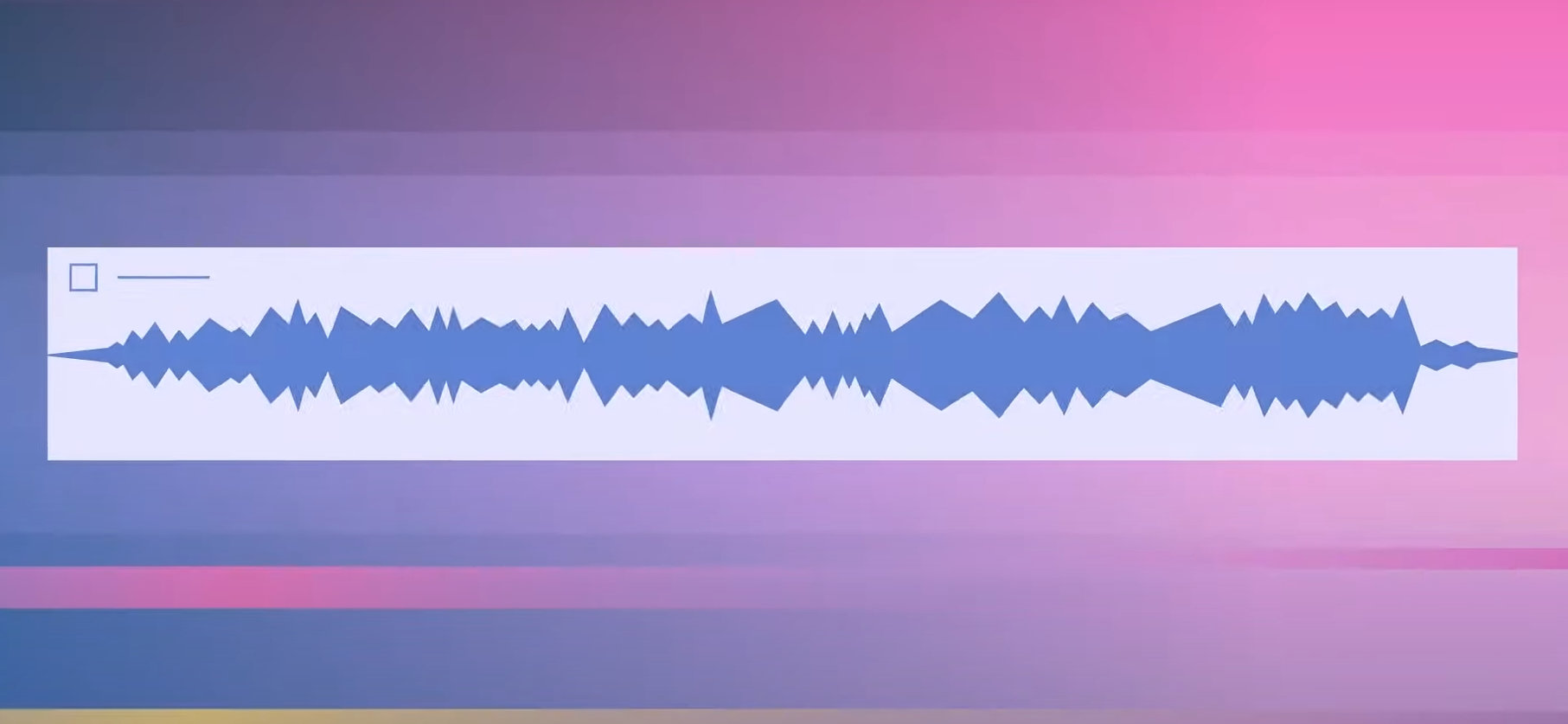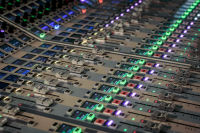[09:46 Tue,7.December 2021 by blip] |
Anyone who feels that the dialogue in Hollywood films is becoming increasingly difficult to understand - acoustically, not in terms of content - is not alone. Christopher Nolan&s films, for example, are notorious for their poorly decipherable dialog, but a certain lack of love for the spoken word is also becoming increasingly prevalent in other film productions, as The reasons for difficult-to-understand film dialogues are manifold and can be found both in front of the camera and in post-production. For example, some actors simply speak particularly unclearly and are thus more difficult to understand than others. At the same time, some filmmakers seem to have used sound that is not recorded and mixed optimally as a kind of naturalism (according to the motto, not everything is clean and clearly understandable in real life either) or as a deliberate stylistic device to unsettle the viewers. Obviously not to be underestimated, however, is the dominance that the visual plays in film culture today - often it is the spectacular, impressive, perfect image that counts most, while the sound plays second fiddle. According to some reports, the sound technicians on the set have to make do with what they can capture on the side without disturbing the camera and lighting departments. With their microphones, they sometimes can&t get close enough to the actors to get an optimal recording, because otherwise they could cast disturbing shadows, for example - a problem if the dialogues are not re-recorded afterwards. Probably the infinite possibilities of digital sound editing have also contributed to the fact that the dialogues are not always in the foreground as they were 20-30 years ago. There are a lot more knobs and parameters to tweak (and therefore there are) and a lot more tracks to put sounds on during the mixdown, which then compete with each other to be heard. Finally, how the finished film is played makes a difference to intelligibility. In some cinemas it is very loud, in others the films are projected at too low a volume, precisely because it could otherwise become too loud during action sequences. With streaming, on the other hand, the soundtrack is heavily compressed and the result sounds different than intended in the mix - not to mention poor sound conditions in the home theater. On the other hand, you can of course simply fade in subtitles in the home theater, if the words are once again not understandable... What is your experience - everything no problem or also already secretly doubted the hearing? Bild zur Newsmeldung:
deutsche Version dieser Seite: Wie bitte? Warum Filmdialoge immer schlechter zu verstehen sind |






